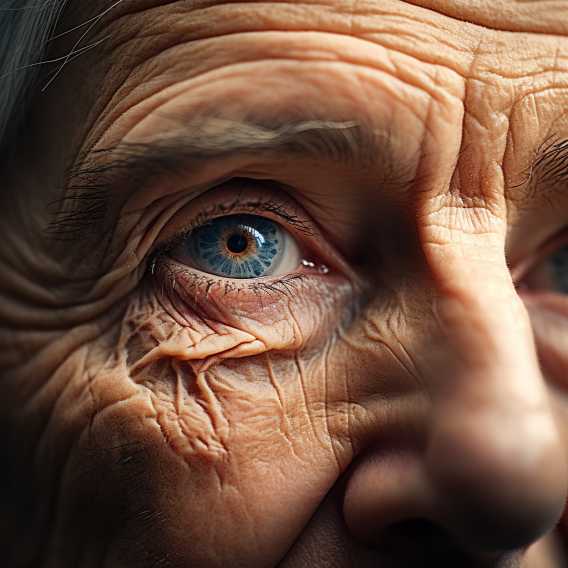Aging is an inevitable and natural part of life, but have you ever wondered about the science behind the process? Why do our bodies change as we grow older, and what factors contribute to the aging process? In this comprehensive guide, we will delve deep into the science of aging, exploring the biological, genetic, and environmental factors that play a role in this complex phenomenon. By understanding the science behind aging, we can make informed choices to age gracefully and live a longer, healthier life.
Aging is a universal experience shared by every living organism, from humans to trees. While the process of aging is undeniable, its mechanisms are incredibly complex and multifaceted. Scientists have been studying aging for centuries, aiming to uncover the secrets behind why we age and how we can mitigate its effects.
In this article, we will explore aging from a scientific perspective, beginning with the biology of aging at the cellular level. We will then delve into the role of genetics, lifestyle choices, and environmental factors in the aging process. Understanding the science of aging will empower us to make informed decisions and embrace a healthy, vibrant, and long life.
The Biology of Aging
Cellular Aging
The foundation of aging lies within our cells. Over time, the cells in our bodies undergo a series of changes that contribute to the aging process. Cellular aging is characterized by a decrease in cell function and regenerative capacity. We will explore the factors that contribute to cellular aging, such as telomere shortening, DNA damage, and cellular senescence.
Telomeres and DNA Damage
Telomeres are the protective caps at the end of our chromosomes, akin to the plastic tips on shoelaces. As we age, these telomeres naturally shorten, a process associated with cell division. When telomeres become critically short, cells can no longer replicate effectively, leading to cellular aging. We will discuss the role of telomeres and DNA damage in the aging process.
Cellular Senescence
Cellular senescence is a state in which cells lose their ability to divide and function properly. Senescent cells can produce harmful substances that contribute to age-related diseases. Understanding the mechanisms behind cellular senescence is crucial to comprehending the aging process and developing interventions to delay it.
Genetics of Aging
Longevity Genes
Genetics plays a substantial role in determining our lifespan and the rate at which we age. Longevity genes, also known as “longevity assurance genes,” are a group of genes that are associated with longer lifespans. We will explore the science behind these genes and how they influence the aging process.
Familial Longevity
Familial longevity refers to the tendency of certain families to have an unusually high number of centenarians and long-lived individuals. By studying these families, scientists have identified genetic factors that contribute to extended lifespans. We will delve into the science of familial longevity and the genetic traits associated with it.
Genetic Variation
Genetic variation among individuals can impact how we age. Some genetic variations are associated with a higher risk of age-related diseases, while others offer protection against them. We will discuss the role of genetic variation in the aging process and how personalized medicine can benefit individuals based on their genetic profiles.
Lifestyle and Aging
Diet and Nutrition
The food we eat has a profound impact on how we age. A balanced and nutritious diet can support healthy aging, while poor dietary choices can accelerate the aging process. We will explore the science behind the relationship between diet, nutrition, and aging.
Physical Activity
Regular physical activity has been linked to improved longevity and a higher quality of life in old age. We will discuss the scientific evidence supporting the benefits of exercise, the types of physical activities that promote healthy aging, and the mechanisms through which exercise influences aging.
Sleep and Aging
Quality sleep is essential for maintaining overall health, and its role in the aging process is significant. We will examine the science of sleep and aging, including the changes in sleep patterns that occur as we grow older and the impact of sleep deprivation on aging.
Stress and Aging
Chronic stress can take a toll on our bodies and accelerate the aging process. We will delve into the biological mechanisms through which stress affects aging, as well as stress management strategies that can mitigate its negative effects.
Environmental Factors
Oxidative Stress
Oxidative stress is a key factor in cellular aging and the development of age-related diseases. We will explore the science of oxidative stress, the sources of free radicals in our bodies, and how antioxidants play a role in combating it.
Inflammation
Chronic inflammation is a common feature of aging and is associated with a



